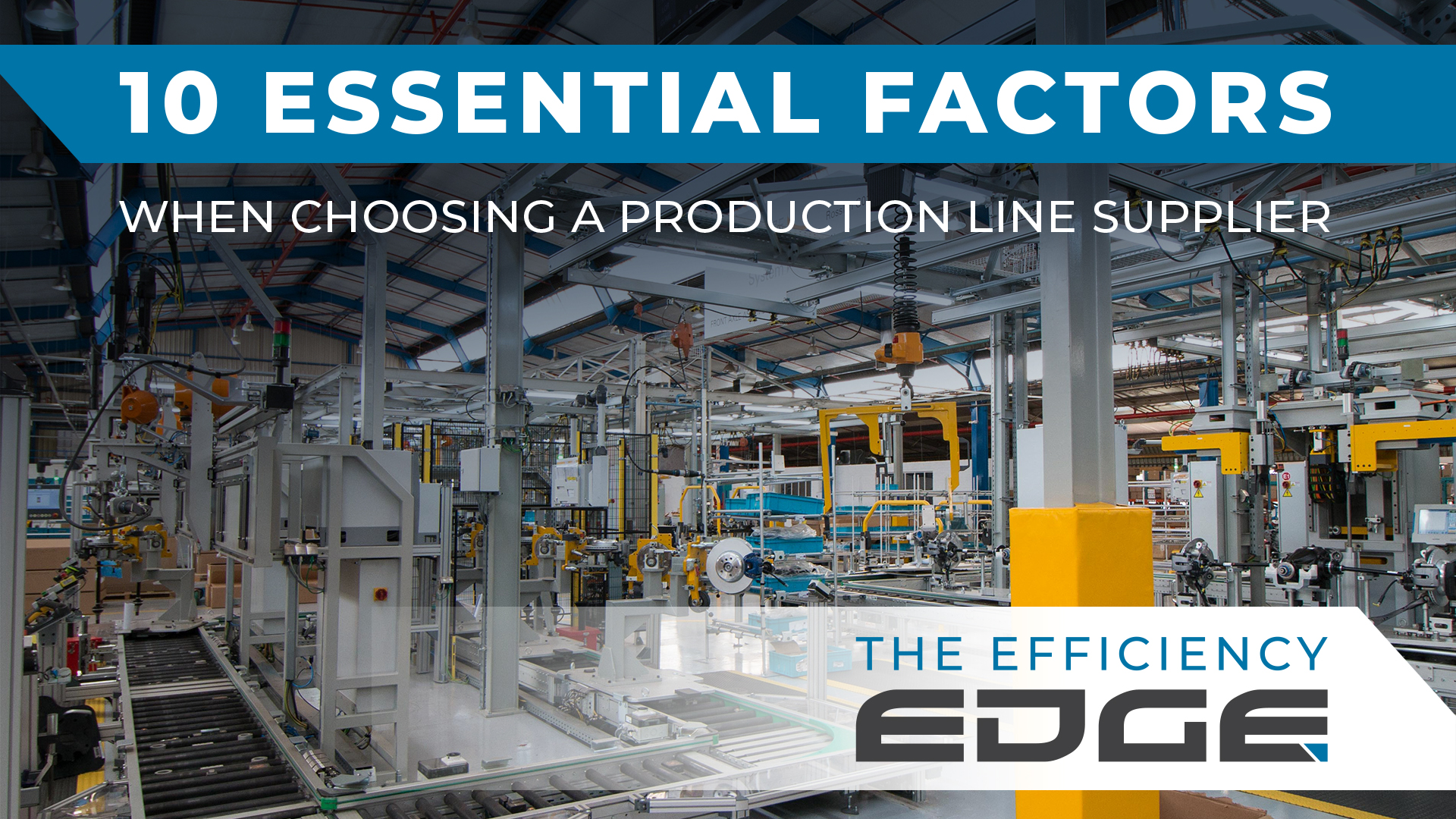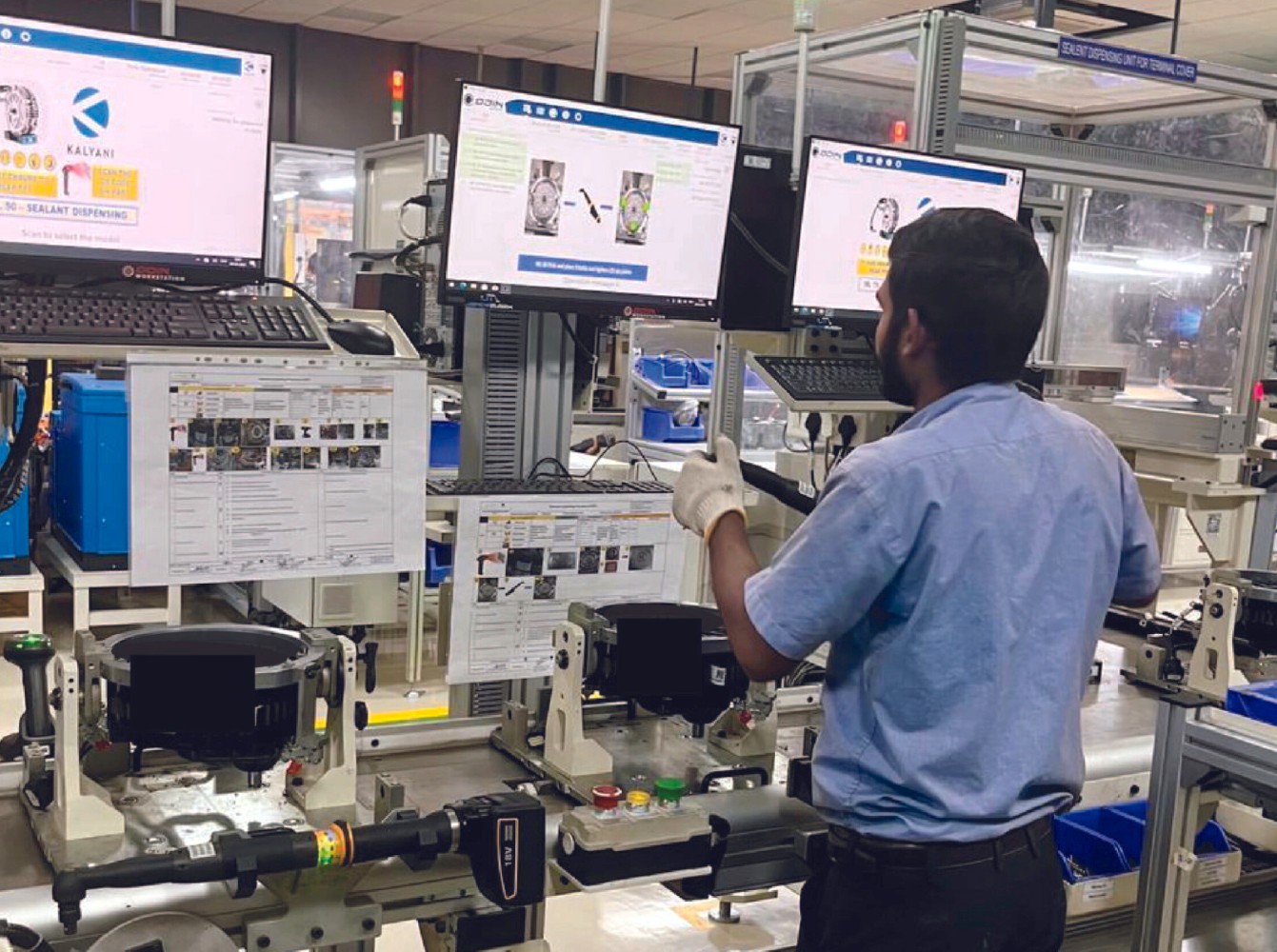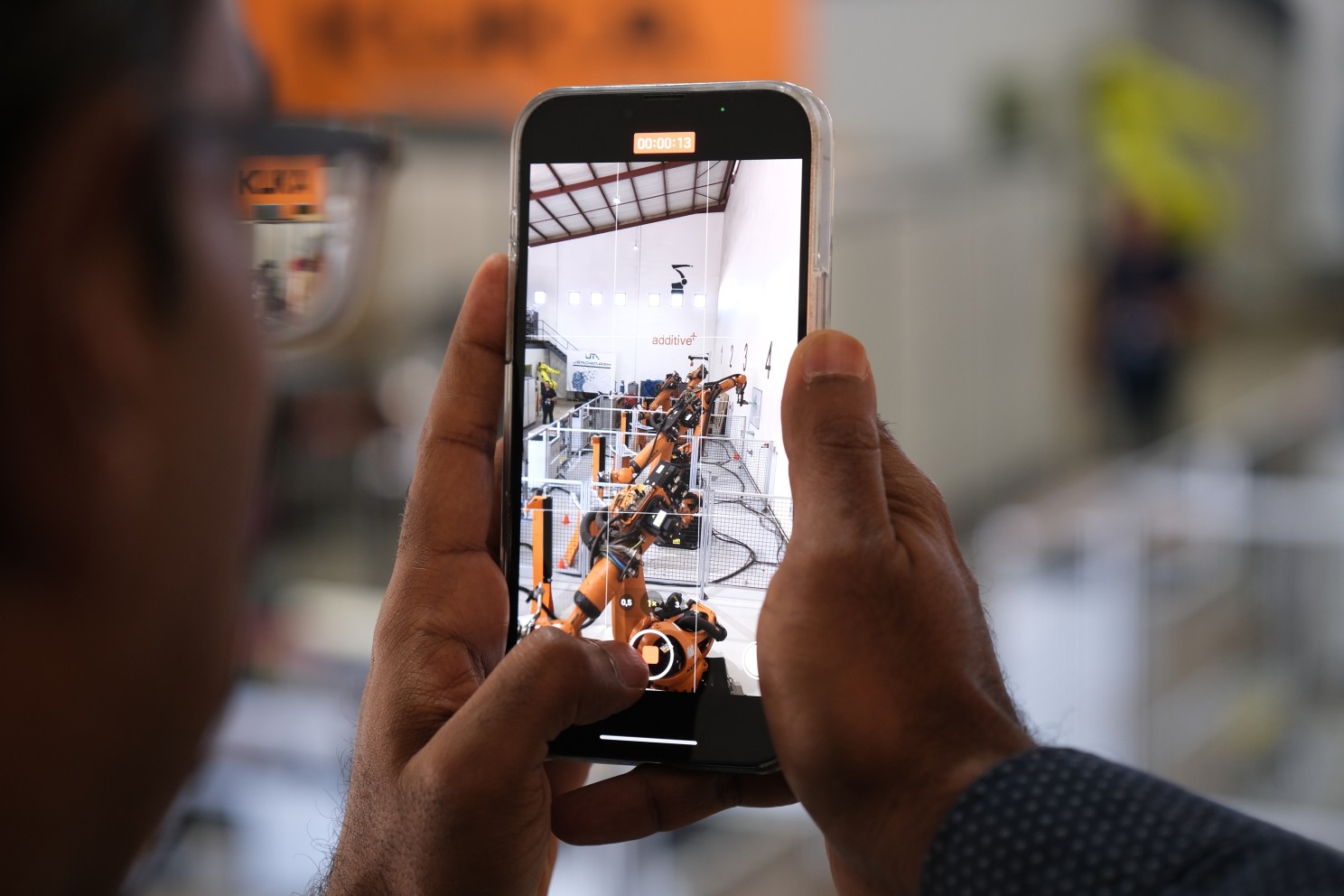
But, with so many machine builders to choose from, how can you confidently select the right partner?
After listening to customers’ concerns for over three decades, we’ve compiled a checklist of the 10 most critical factors to consider before entrusting a supplier with your production future.
A production line is a significant investment in terms of both time and money spent. From the outset, building a relationship based on trust and transparency is absolutely critical, as you will be working closely over many months.
Ask yourself:
Does your provider invest time upfront in understanding your business and specific challenges?
Do they engage in open discussions and proactively seek solutions tailored to your needs?
Are they committed to collaboration, ensuring the project moves in the right direction for all stakeholders?
A supplier that prioritises relationship-building is more likely to deliver a solution that meets and exceeds expectations.
While budget constraints often dictate decision-making, it’s essential to distinguish between cost and value. The cheapest option isn’t always the best long-term investment.
Consider:
How competitive is the supplier in terms of the value they offer?
Is their solution innovative and flexible, enhancing your competitive edge?
What hidden value-adds – such as after-sales support, scalability, or modular design – might impact the total cost of ownership?
Choosing a supplier should be about securing the best return on investment, not just the lowest upfront cost.
One of the key questions for customers is how quickly a production line can be delivered.
While speed is important, realistic expectations must be set from the start.
Depending on the size and scope of your project, your production line can take several months to more than a year to build.
Factors influencing lead time include:
Manufacturing and integration timelines
Global logistics for delivery
Commissioning and installation process
Given that you have your own end-customers to appease, clear communication is essential. A reliable supplier will not only commit to clear project milestones but also communicate potential risks and solutions proactively.
A production line is a sophisticated system requiring good design and engineering excellence at its core.
Key questions to ask are:
Is the solution technically sound and designed according to robust engineering principles?
Does it meet project goals efficiently, even if it differs from your initial specifications?
Has it been rigorously tested for reliability and repeatability?
A technically strong provider will design a system that not only meets your current needs but remains adaptable for future improvements.
Of course, it is important for a provider not to be stuck in old ways because “that’s how we have always done things”.
Manufacturing is evolving rapidly, and outdated approaches can hold you back. Your supplier should offer more than just a standard solution – they should challenge conventions and introduce smarter ways to achieve your objectives.
Key considerations:
Do they incorporate Industry 4.0 technologies such as operator guidance systems or automated transport solutions?
How well do they integrate software and data-driven insights into their solutions?
Can they offer you a better, more intuitive solution to enhance production flexibility and efficiency?
Innovation isn’t just about technology – it’s about a mindset that drives continuous improvement.

Experience matters. Technical knowledge is only developed over time. A supplier with a track record of designing, building, and supporting production lines over time will have gained invaluable insights into what works – and what doesn’t.
Consider:
Does the supplier have a portfolio of successful implementations?
Can they demonstrate lessons learned from previous projects?
Have they solved similar manufacturing challenges before?
An experienced provider brings real-world knowledge that reduces risk and increases confidence in the success of your project.
Whether your production line is fully automated or involves human operators, the supplier must cater to both aspects effectively.
Things to ask:
For fully automated lines, do they partner with leading robotics providers to ensure seamless integration and minimal downtime?
For operator-led processes, have they considered ergonomics, safety, and operator guidance systems to enhance productivity and minimise human error?
A great supplier understands that automation and human factors must work hand in hand to achieve the best results.

Today’s production lines must be more adaptable than ever. With shifting customer demands, shorter product life cycles, and increasing customisation, rigid systems are no longer viable.
Your supplier should provide:
Multi-variant production capabilities for handling different product configurations
Quick changeover features to accommodate fluctuating demand
Scalability to allow for production ramp-up or down as required
Flexibility ensures your investment remains valuable and adaptable in the face of industry changes.
Ultimately, your end-customer needs to be satisfied with what rolls off your production line. Consistent quality is non-negotiable. Your supplier should have robust quality control measures to guarantee the reliability of both the production line and the products it produces.
Things to check include:
Are they ISO-accredited or do they conform to another relevant Quality Management System?
Have they validated the repeatability and precision of the assembly process?
Can they accommodate the specific compliance needs of your industry or broader regulatory requirements in your territory?
A supplier that prioritises quality management ensures that your production line meets the highest standards from day one.
Your relationship with the supplier shouldn’t end once the line is delivered. Ongoing support is critical to maximising uptime and maintaining efficiency over the years.
Ask:
Do they offer 24/7 technical support to address any unexpected issues?
Is there an accessible portal for all project documentation?
Will they be available to optimise and upgrade the system as your needs evolve?
A great supplier is a long-term partner, not just a vendor. They walk the journey with you to understand your changing needs and be in a good position to support you effectively for future projects.
Selecting the right production line supplier isn’t just about checking off a list of requirements – it’s about choosing a partner who understands your vision, challenges, and long-term objectives.
By focusing on trust, technical expertise, innovation, and support, you can confidently invest in a production system that will drive your business forward for years to come.
Check out our other Resource sections:

Sign up to get the latest thought leadership articles – written by our experts – delivered straight to your inbox.